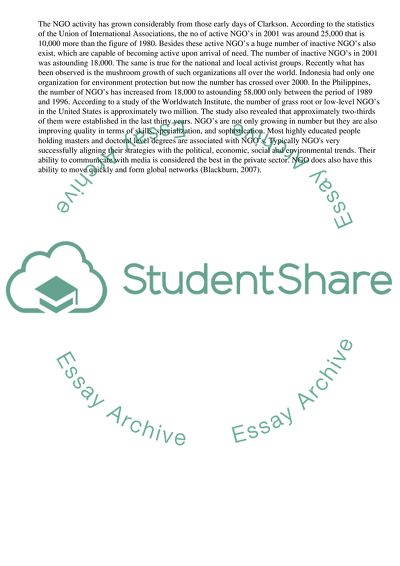Cite this document
(Influence of NGOs on Businesses and Governments Dissertation - 1, n.d.)
Influence of NGOs on Businesses and Governments Dissertation - 1. Retrieved from https://studentshare.org/business/1752599-in-what-circumstances-have-ngos-come-to-perform-governmental-functions
Influence of NGOs on Businesses and Governments Dissertation - 1. Retrieved from https://studentshare.org/business/1752599-in-what-circumstances-have-ngos-come-to-perform-governmental-functions
(Influence of NGOs on Businesses and Governments Dissertation - 1)
Influence of NGOs on Businesses and Governments Dissertation - 1. https://studentshare.org/business/1752599-in-what-circumstances-have-ngos-come-to-perform-governmental-functions.
Influence of NGOs on Businesses and Governments Dissertation - 1. https://studentshare.org/business/1752599-in-what-circumstances-have-ngos-come-to-perform-governmental-functions.
“Influence of NGOs on Businesses and Governments Dissertation - 1”, n.d. https://studentshare.org/business/1752599-in-what-circumstances-have-ngos-come-to-perform-governmental-functions.


